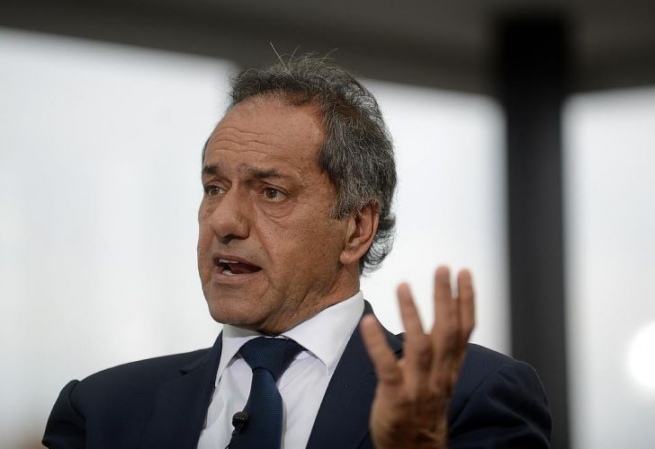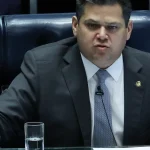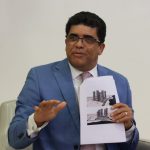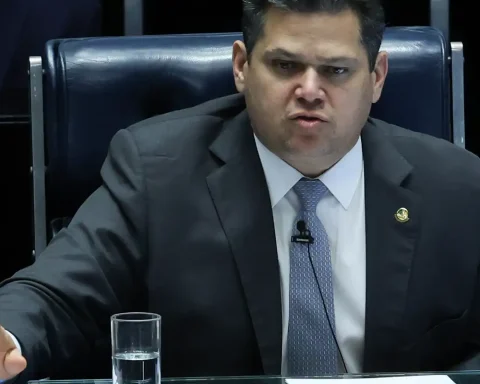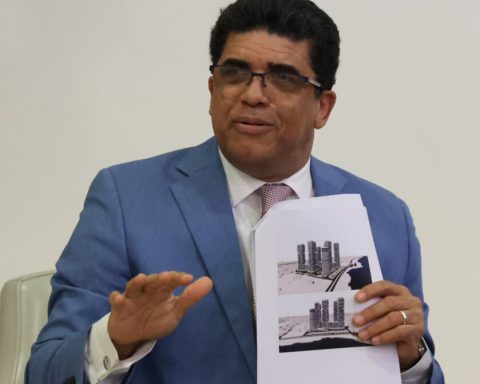The Argentine ambassador to Brazil, Daniel Scioli, will replace Matías Kulfas at the head of the Ministry of Productive Developmentconfirmed tonight the spokeswoman for the Presidency, Gabriela Cerruti, in a day that unexpectedly ended with two new faces in the Cabinet, since in addition to Scioli, Agustín Rossi will disembark in the Federal Intelligence Agency (AFI).
President Alberto Fernández offered the former Buenos Aires governor to take office in the Cabinet after asking Kulfas to resign and the diplomat and former 2015 presidential candidate accepted the proposal, so he will soon leave his duties in Brasilia.
According to sources from the Casa Rosada, the head of state communicated this afternoon with Scioli and in a long conversation both agreed that he will take over as minister once the IX Summit of the Americas in Los Angeles, United States, concludes.
Fernández plans to leave for the hemispheric forum meeting on Tuesday morning, accompanied by a small delegation of collaborators and a group of accredited journalists.
The president will swear in Scioli upon his return from the summit, in which he will participate as ruler of Argentina and pro-tempore president of the Community of Latin American and Caribbean States (Celac), the sources said.
The presidential trip to Los Angeles to attend the summit, as well as a series of issues that Scioli must resolve in Brazil before returning to Argentina, contributed to the postponement of the current ambassador’s swearing-in by a few days.
On Friday afternoon, Scioli was sitting in the front row during the event for the 100 years of YPF that took place at the Tecnópolis site in Villa Martelli: he was next to the legal and technical secretary Vilma Ibarra and the spokeswoman Cerruti.
In his diplomatic work in Brasilia, the 65-year-old former governor of Buenos Aires managed to expand Argentine exports, which implied recognition, and built a relationship with President Jair Bolsonaro while deepening his ties with Luiz Inácio Lula Da Silva.
The definition of the incorporation of Scioli to the Cabinet was completed after the Productive Development portfolio became vacant with the request for resignation of Kulfas.
As this agency was able to learn, the head of state wrote to Kulfas early in the afternoon to reproach him for sending the report ‘offline’ containing questions about the bidding process for the Néstor Kirchner gas pipeline and, in the same act, asked him the resignation.
The President, on his Twitter account, considered “ethically reprehensible to speak in off to the detriment of another” and said that he did not endorse “those procedures”, alluding to the report released on the state-owned company Energía Argentina and the tender to acquire the inputs necessary for the layout of the gas pipeline.
An hour earlier, the Vice President had retweeted from her networks the denial of the company Energía Argentina (former Enarsa), which rejected the alleged irregularities that were objected to in the off and explained the background that led to the fact that the only supplier for the supply of rolled sheet is a company controlled by Tenaris (Techint) that imports from a subsidiary of the same group based in Brazil.
Apart from sharing the reply, Cristina Kirchner harshly questioned those who had promoted the ‘off’ report, whom she blamed for carrying out “attacks” against other members of the Frente de Todos “without showing their faces, lying and using journalists”.
Meanwhile, Scioli, in one of his recent activities as ambassador, hosted and organized the business round of the mayor of La Matanza and president of the Argentine Federation of Municipalities (FAM), Fernando Espinoza, in Brazil, where he was able to meet with the Federation of Industrialists of São Paulo (Fiesp) and with the São Paulo Association of Municipalities, as well as visiting the Mercedes Benz plant in São Bernardo do Campo.
Last Wednesday, when speaking with AM750 radio, Scioli still did not know that he would join the Cabinet, but he was also praising some economic results such as “the sustained recovery and the reindustrialization policy” that he attributed to the management of President Alberto Fernández, whom he also recognized for the 7-point drop in unemployment.
“The new challenge we have is the recomposition of the salary,” he stated then.
